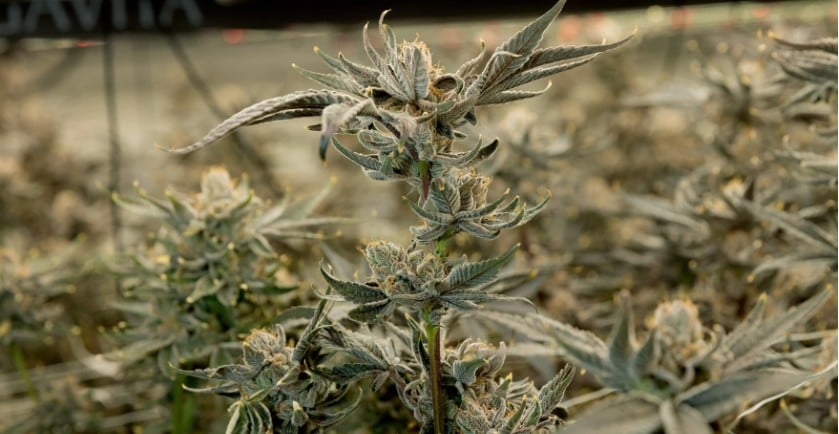Ensuring Safe Cannabis: How California Regulates Legal Weed to Protect Consumers
Discover how California’s Department of Cannabis Control regulates and tests cannabis products to ensure consumer safety. From tracking contaminants to ensuring accurate THC labeling, learn how the state works to prevent health risks associated with legal marijuana.
FLORIDA CANNABIS POLICY
3/24/20252 min read


How Legal Weed Can Make You Sick: How California Ensures Safety in the Cannabis Industry
California’s Regulatory Oversight
In California, the cannabis industry is closely regulated by the Department of Cannabis Control (DCC). This department tracks each cannabis product from cultivation to retail, ensuring that all legal products are safe for consumers. For instance, cultivators like Vibe Cultivators in Sacramento follow strict guidelines, with every plant tagged to ensure transparency and traceability. These tags contain vital information like the grower's license number and the specific plant’s ID, allowing regulators to monitor the product’s journey through the system.
Contaminants and Health Risks
Cannabis products can contain harmful contaminants such as mold, bacteria, heavy metals, or incorrect THC levels, which can lead to health risks. The DCC works hard to ensure that these contaminants do not make their way into the legal cannabis supply. As marijuana becomes more widely accepted, the focus on consumer safety has intensified, especially with the rise of edibles and vaping products, which can sometimes carry additional health concerns like improper dosing or unsafe additives.
State-Run Testing System
California has set up a comprehensive testing system, with 27 licensed labs spread across the state to check cannabis products for a wide variety of contaminants. These labs test for microbial contamination, illegal pesticides, heavy metals, and more. The DCC collaborates with these labs to ensure that products meet the state’s strict safety standards. In addition to testing the flower itself, regulators also monitor cannabis-infused products like gummies and beverages, ensuring that they are accurately labeled with THC content and free from harmful substances.
Health Incidents and Product Recalls
Despite the regulatory efforts, there have been several instances of product recalls. In 2024 alone, California conducted 63 cannabis product recalls, the highest number since the formation of the DCC in 2021. These recalls typically occur due to issues like microbial contamination or inaccurate THC labeling. When these problems arise, the DCC works to remove the contaminated products from retail shelves to protect consumers.
Safety in Edibles and Vapes
The DCC also ensures the safety of cannabis edibles, such as gummies and brownies, which can sometimes contain higher doses of THC than what is listed on the label. This poses a particular risk, as edibles can lead to accidental overconsumption, especially among inexperienced users. The DCC monitors these products closely to ensure accurate labeling. Similarly, the vaping market, which has faced health scares like the 2019 EVALI outbreak, is regulated to prevent dangerous additives such as vitamin E acetate from being used in cannabis vapes.
Illegal vs. Legal Weed
While legal cannabis in California is subject to stringent testing and regulation, illicit weed remains a major concern. The unregulated market often contains dangerous contaminants, including illegal pesticides and even fentanyl in some cases. California’s regulatory system ensures that legally sold cannabis products are much safer than their illicit counterparts. Despite being more expensive, regulated cannabis products are far less likely to contain harmful substances, making them a safer choice for consumers.
A Growing Industry with Evolving Standards
The cannabis industry in California is still evolving, and regulators continue to adapt to new challenges. There is no federal body like the FDA overseeing cannabis, so states like California have developed their own systems to ensure consumer safety. As the industry grows, new products and innovations, such as cannabis-infused beverages and snacks, are being introduced, and the state is continually working to improve testing methods and safety standards to keep up with these developments.
Get in touch
Contacts
754-346-4421
book@drboorstein.com
